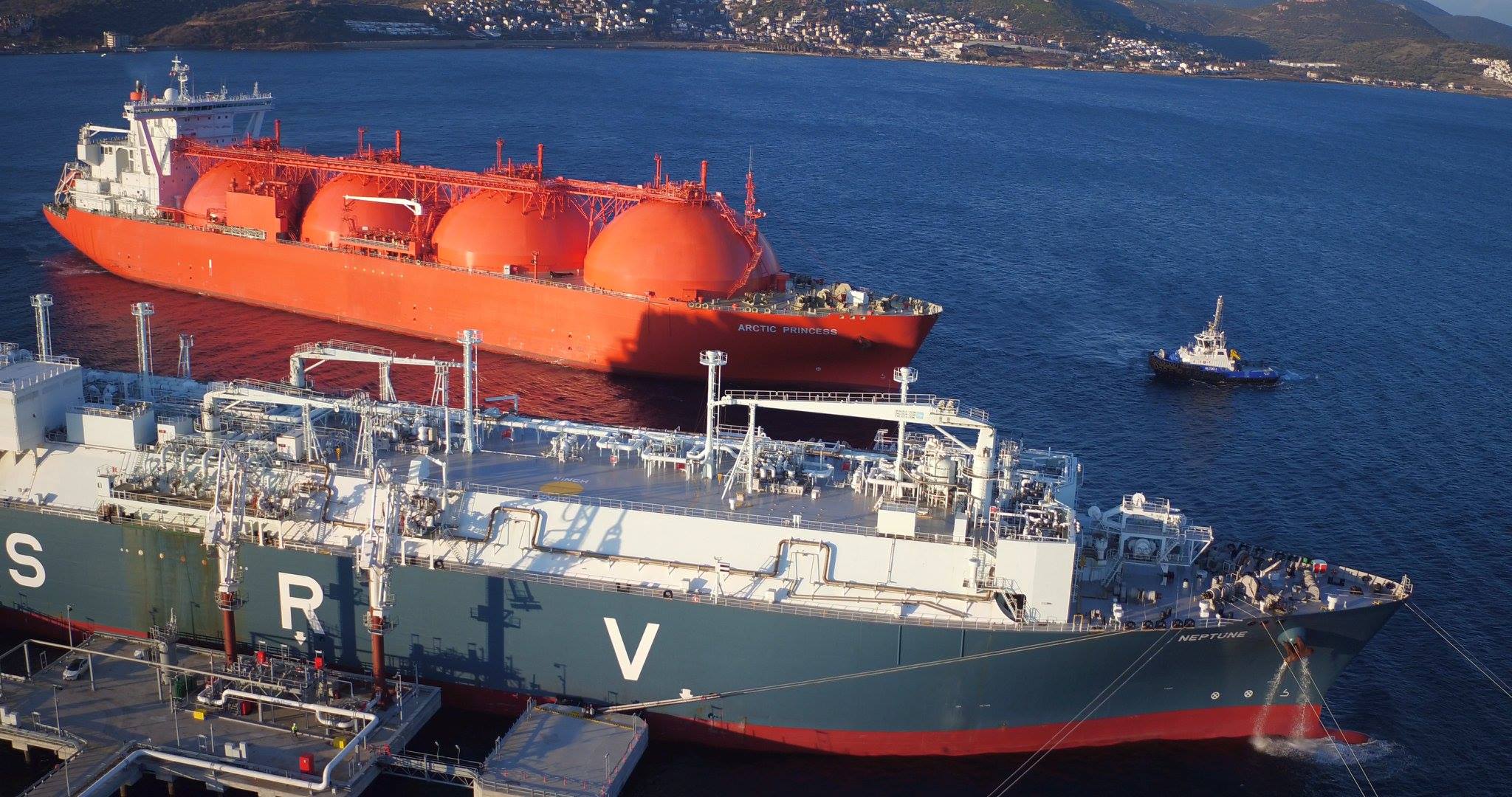Germany’s Federal Network Agency has exempted the FSRU-based LNG terminal in the German port of Lubmin from tariff and network access regulation for 20 years, according to the terminal developer, Deutsche ReGas.
The exemption applies to an annual throughput capacity of up to 13.5 billion cbm of natural gas for all project phases, the German firm led by Ingo Wagner and Stephan Knabe said in a statement.
In August, Deutsche ReGas submitted an application to the agency or BNetzA seeking tariff exemption.
This exemption from regulation has already been granted to other German projects such as Hanseatic Energy Hub’s planned Stade LNG terminal.
Knabe said in the statement that this exemption represents “another important prerequisite” for the rapid commissioning of the Deutsche Ostsee LNG terminal.
Launch in December?
Deutsche ReGas recently said that firms showed interest to book 15.2 billion cubic meters of capacity at the facility following an open season.
According to the LNG terminal developer, firms booked 3.6 bcm of capacities with terms of five to ten years under the binding open season for the first phase of the project.
The binding season in total attracted requests for 7.1 bcm of capacity, the firm said.
For the second project phase which includes another FSRU, the bids were non-binding and with a term of ten years. This non-binding open season attracted a total of 8.1 bcm capacity requests, Deutsche ReGas said.
Knabe said at the time that the available annual regasification capacity for long-term bookings of 11.7 billion cubic meters was significantly oversubscribed at 15.2 bcm.
First private LNG terminal
Germany currently has no regasification facilities but it should start importing LNG later this year or in the beginning of the next via the Uniper-led Wilhelmshaven LNG terminal and RWE’s Elbhafen LNG terminal in Brunsbuettel, as well as this first private German FSRU-based facility in Lubmin.
The country’s first LNG jetty was recently completed in Wilhelmshaven, ahead of the arrival of Hoegh LNG’s 2018-built 170,000-cbm, FSRU Esperanza, in December.
Germany backed the charters of five FSRUs, two from Hoegh LNG, two from Dynagas, and one from Excelerate Energy.
In July, Deutsche ReGas revealed it signed a term sheet with French energy giant TotalEnergies under which the latter would provide an FSRU for the project.
Deutsche ReGas did not provide the name of the unit but TotalEnergies has two FSRUs on long-term charters, namely Neptune and Cape Ann.
According to its AIS data provided by VesselsValue, the 2009-built 145,000-cbm FSRU Neptune was on Monday anchored off Skagen, Denmark.
Hoegh LNG Partners, now 100 percent owned by Hoegh LNG, has a 50 percent stake in this unit, MOL owns 48.5 percent, and Tokyo LNG Tanker has 1.5 percent.
The charter started back in 2009 and will last until 2029. It also includes extensions.

